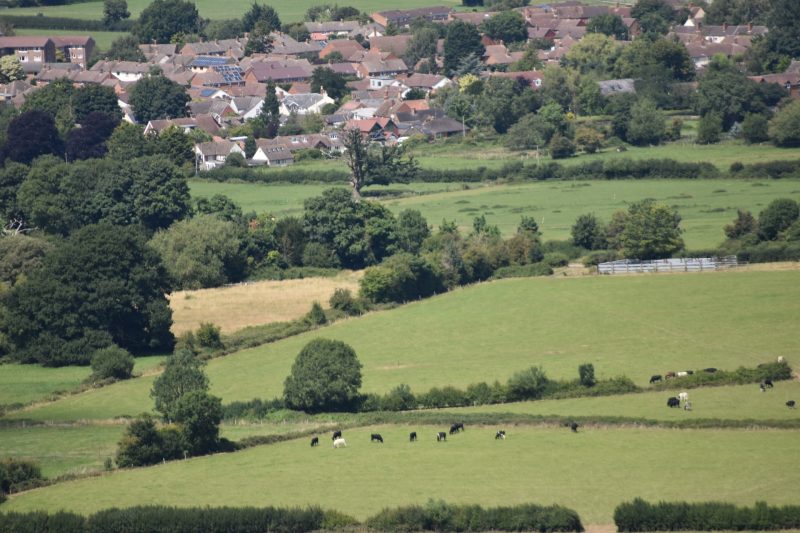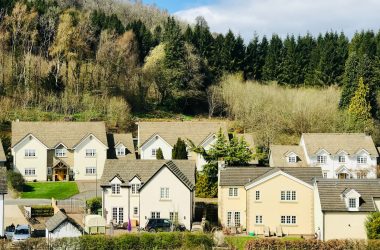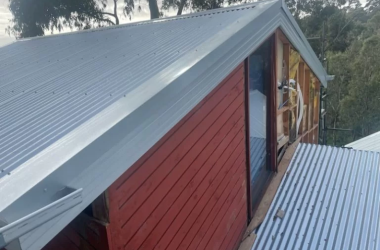Post the COVID era, the real estate market is seeing a lot of pent up demand from people who are willing to move from cities to the countryside and rural areas. The number of applications for Buckingham estate agents is pilling up every day with new applications. After two years of being stuck at home, people got a chance to ruminate about what they wanted in their homes and where they wanted to live in the future. It can be multiple things such as a better work-life balance, remote working options or simply more space to enjoy and t explore the countryside. Whatever the needs and goals may be, this has led to a huge surge in demand for all kinds of rural properties.
Here are a few things to consider when buying rural property:
Neighbours:
Whenever you are considering moving to a new rural area, do thorough research of the area and the people you will be having as neighbours. Given it is a rural area, there might be an intensive pig farm next door and hence the lowered price of the property you have been eyeing. When you go to inspect the property, make sure to check whether your neighbours need access to your property to reach their land. Or if they use the property in question to walk their dogs. If you are choosing rural life for the sake of privacy and seclusion, it is always advisable to do your research beforehand.
Boundaries:
After making sure that you have neighbours with whom you can get along and have sufficient privacy, you next need to check for boundaries. You must know what you are buying and what is the seller’s title to the property. To avoid any potential disputes in the future, you also need to know who is the owner and who is responsible for setting the boundaries.
Drainage system:
More than often, many rural areas are not the main drains, and hence it is crucial to understand what is the system of drainage in the property. In some cases, the drainage system might not be on the property itself, and part of it might be located on the neighbour’s land. This is inclusive of any soakaway system. If your property is sharing a septic tank with your neighbour, be informed about who is responsible for the maintenance system and in what ways will the maintenance cost get divided to avoid any confusion in the future.
Access to property:
In rural areas, it is not uncommon to have someone else access their property through yours and vice-versa. But one should be clear about who is responsible for the maintenance and how the costs related to maintenance will be split up.
Access to water:
When buying a rural property, a buyer must understand that some properties are not on mains water and might be later connected to any private water supply which comes under the governance of regulations. So before you buy the property, you need to figure out where the water is coming from and whether the source is from neighbouring land. If you have water supply from your property, find out whether anyone else accesses it from the same source.
Tenancy:
For properties with land and barns along with additional dwellings, you must confirm whether you are getting vacant possession of the entire property or if any tenants are living and using parts of the property. For example, you might have plans of redecorating the barn but later find out that a local joiner uses the outbuildings on a casual basis and has a secured business tenancy in place.
Survey and planning of the property:
Before you decide to buy the property, make sure to find out how old the property is. To do that, find a reputable surveyor and carry out a thorough evaluation of the age of the property. If it is only natural for buyers to have plans after buying a new property, such as sprucing up the garden or setting up a home office. Hence it is important to take advice from the beginning if you are planning on making any changes.
Use of energy:
Many rural homes are still dependent on renewable sources of energy. If you are planning on making changes, the use of renewable energy is gaining popularity. Find out about schemes that can help you make a change or shift.
To Conclude,
Buying a property needs a checklist, and we hope this blog helped you with important insights on things to remember before you buy the property.










